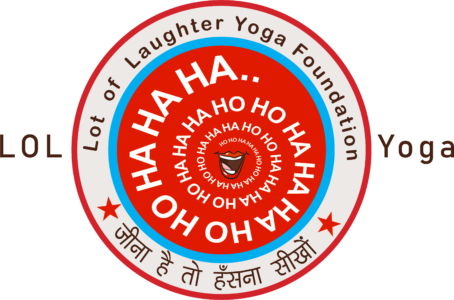Introduction
In today’s fast-paced educational landscape, the well-being of students has become a paramount concern. Beyond academic achievement, schools are increasingly recognizing the importance of social-emotional learning (SEL) in fostering holistic development. Laughter Yoga, a unique practice that combines laughter exercises with deep breathing, offers a fun and effective way to enhance SEL skills in school children, ultimately leading to improved academic performance and overall well-being.
The Power of Laughter Yoga
Laughter Yoga is more than just a fun activity; it is a scientifically validated approach to promoting mental and physical health. By harnessing the power of laughter, this practice can have a profound impact on students’ social-emotional development.
Key Benefits of Laughter Yoga for Students:
- Stress Reduction: Laughter Yoga helps students manage stress and anxiety, which can negatively impact their academic performance and overall well-being.
- Enhanced Self-Esteem: By promoting positive emotions and reducing self-doubt, Laughter Yoga can boost students’ self-esteem, leading to increased confidence and motivation.
- Improved Mood: Laughter releases endorphins, the body’s natural feel-good hormones, which can help students feel happier and more engaged in their studies.
- Fostering Social Connection: Laughter Yoga is often practiced in groups, promoting social interaction and a sense of community. This can help students develop stronger relationships with their peers and teachers.
- Increased Resilience: Laughter Yoga can help students develop resilience, the ability to bounce back from setbacks and challenges. This is a valuable skill for academic success and overall life satisfaction.
Integrating Laughter Yoga into the Classroom
- Dedicated Laughter Yoga Sessions: Schools can incorporate Laughter Yoga sessions into their curriculum or offer them as extracurricular activities.
- Laughter Breaks: Teachers can incorporate short laughter breaks throughout the day to help students relax and refocus.
- Laughter-Based Activities: Teachers can incorporate laughter-based activities into their lessons to make learning more engaging and enjoyable.
Conclusion
Laughter Yoga is a holistic approach to enhancing student well-being and academic success. By promoting social-emotional learning, reducing stress, and fostering a positive school environment, Laughter Yoga can make a significant contribution to the overall health and happiness of students.







